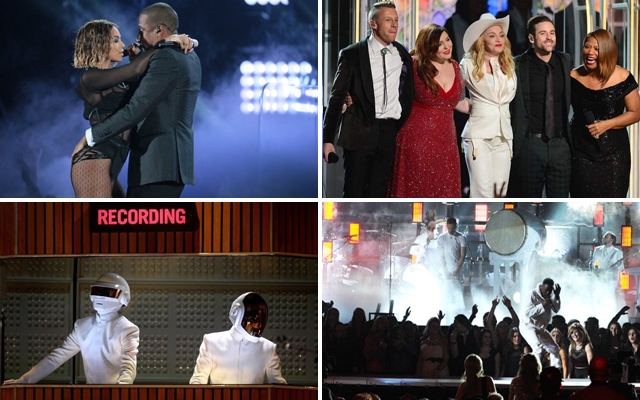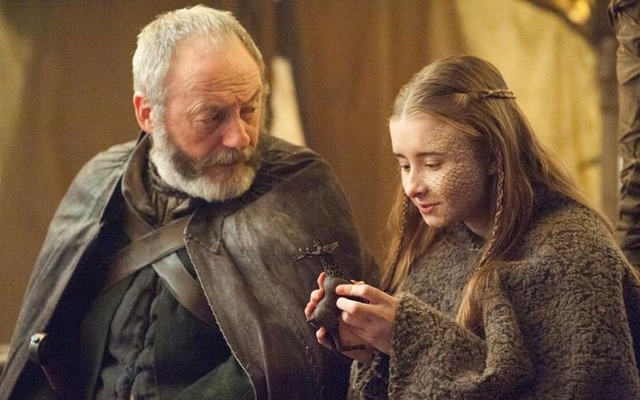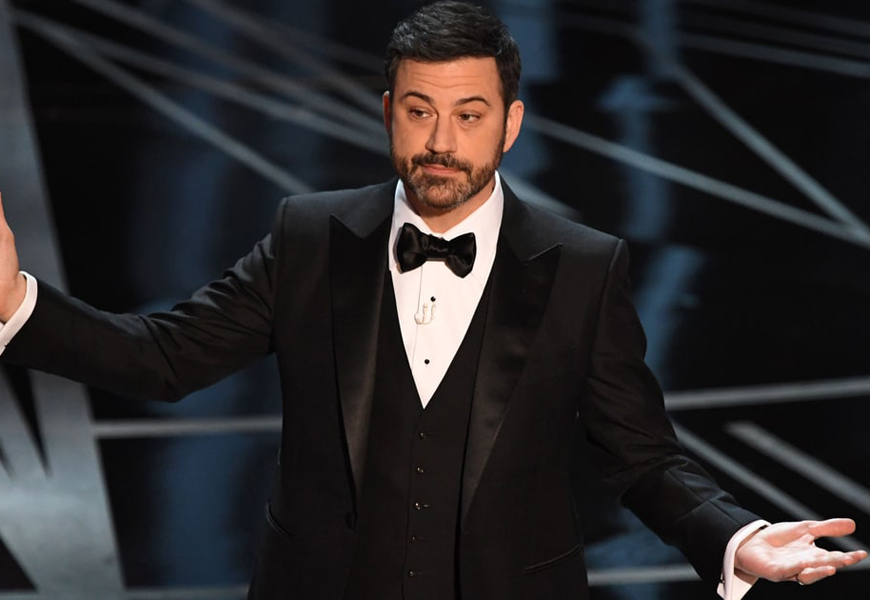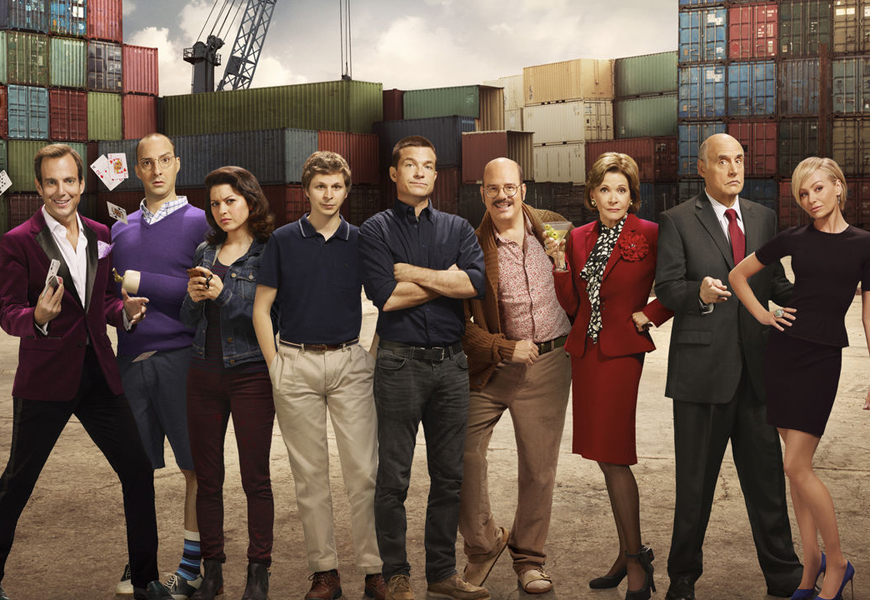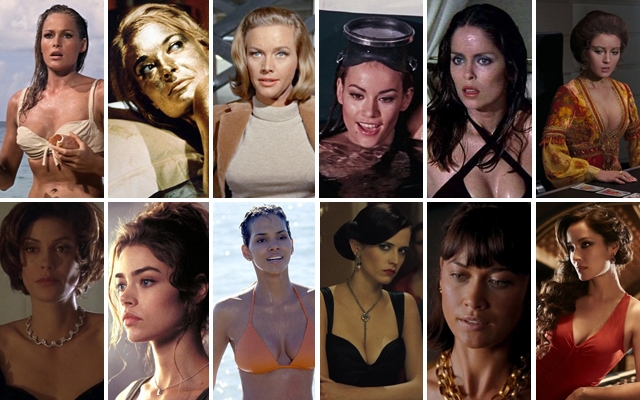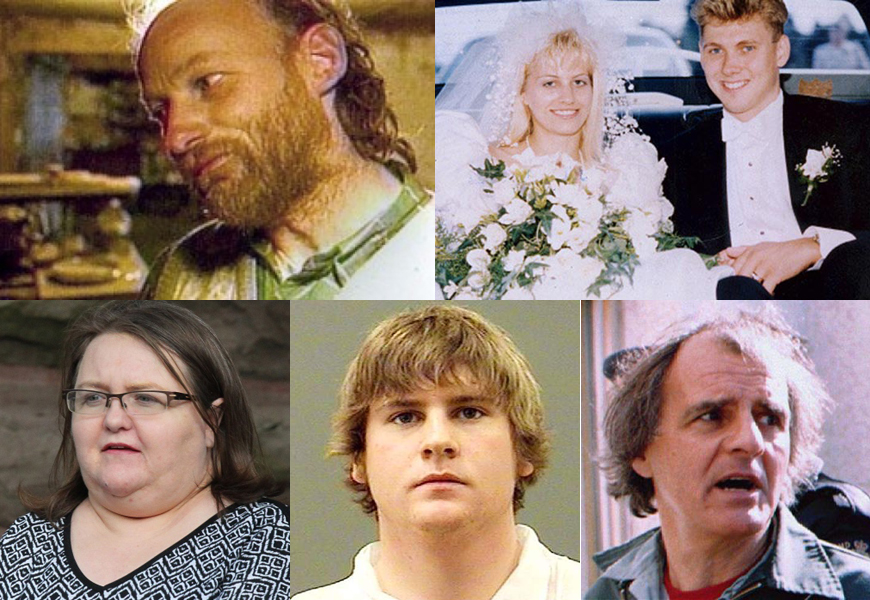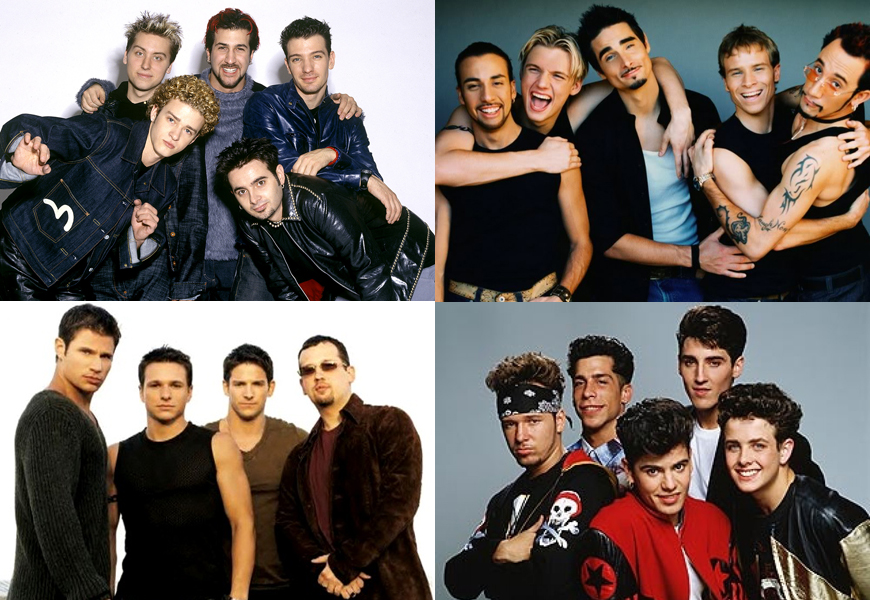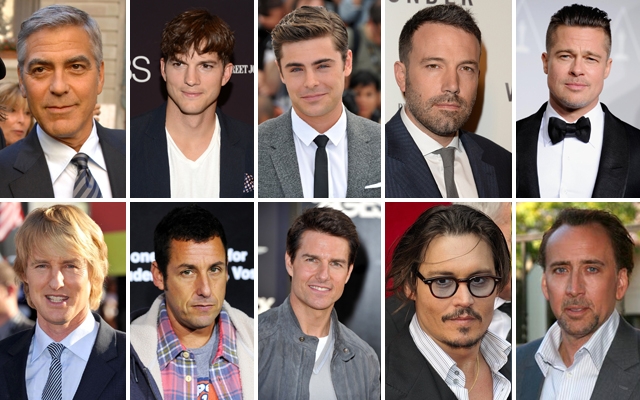Every awards show gets a few things wrong, but it’s a rare feat to spend as much time and effort devaluing trophies as the Grammy Awards did Sunday night.
The Grammys have a long and colourful history of head-scratching, inexplicable choices (see: Jethro Tull beats Metallica for Best Metal Recording in 1989; Milli Vanilli wins Best New Artist in 1990; Herbie Hancock wins Album of the Year over Kanye West and Amy Winehouse; etc.), but Sunday’s ceremony added perhaps the most confounding chapter yet.
The music industry’s flavour of the moment—much to the chagrin of, well, a lot of people—is apparently Macklemore, whose novelty song Thrift Shop and the album that bore it, The Heist, swept the pre-televised Rap categories before Macklemore & Ryan Lewis predictably won Best New Artist.
That was just the most egregious in a long line of injustices. Led Zeppelin’s live album of 40-year-old songs recorded in 2007 was the Best Rock Album of the 2013, somehow. And Black Sabbath’s hammy God Is Dead? was the Best Metal Performance because, duh, Black Sabbath invented heavy metal so any of their metal performances must be the best metal performance.
These glaring misdeeds were joined a series of lifeless musical journeys, the worst of which was Metallica’s painfully discordant partnership with pianist Lang Lang. Until the lights came up and proved it really was Metallica, it very well could have been a high school cover band that got lost on its way to a third-place finish at the local talent show and wound up on the Grammy stage.
Speaking of lost, could anyone think of a good reason why Chicago was anywhere near the Staples Center on Sunday? Sure, they made a solid backing band on Robin Thicke’s Blurred Lines, but there’s no explanation for forcing Thicke to sing along to the band’s soft-rock antique, Saturday In the Park.
Not every performance was awful, though—Daft Punk’s jam-along with Stevie Wonder was cool, just not as amazing as it could have been; Sara Bareilles was well-matched with Carole King; Kacey Musgraves was charming as hell; and Kendrick Lamar absolutely slayed with Imagine Dragons.
But the only performance anyone will be talking about weeks and months from now was Macklemore & Ryan Lewis’s Same Love—though not because of the music. During the song, while the duo were accompanied by Mary Lambert, Queen Latifah and Madonna, sort of—Madge looked like she was suffering some kind of stage fright-induced paralysis—but more importantly their gay rights anthem soundtracked the marriages of dozens of couples, both same-sex and heterosexual. While the gesture was good-hearted, performing it in a room full of open-minded creative types was quite literally preaching to the choir.
The Grammys did their best to overcome their early stumbles by heaping decorations on Daft Punk and their chief collaborators Nile Rogers and Pharrell Williams—including Record of the Year, Album of the Year, Best Pop Duo/Group Performance and Best Dance/Electronic Album—and Lorde, who was locked out of the Best New Artist contest but scored trophies for Song of the Year and Best Pop Solo Performance.
But, taking those unexpected-but-not-unwelcome winners into account, the only non-white winner of a major award was Bruno Mars, who scored Best Pop Vocal Album. It’s impossible to pin down the motives of a broad bloc of voters, but it’s hard to ignore just how, um, white the winners’ pool was this year. Even when Jay Z won Best Rap-Sung Collaboration, it was with help from his buddy Justin Timberlake, the only white nominee in the category. But at the very least we can say this year’s Grammys will be remembered for picking the safest, least ambitious representatives of the rap genre since DJ Jazzy Jeff and Fresh Prince, which just goes to show how right The Simpsons were about the Grammys all those years ago…

